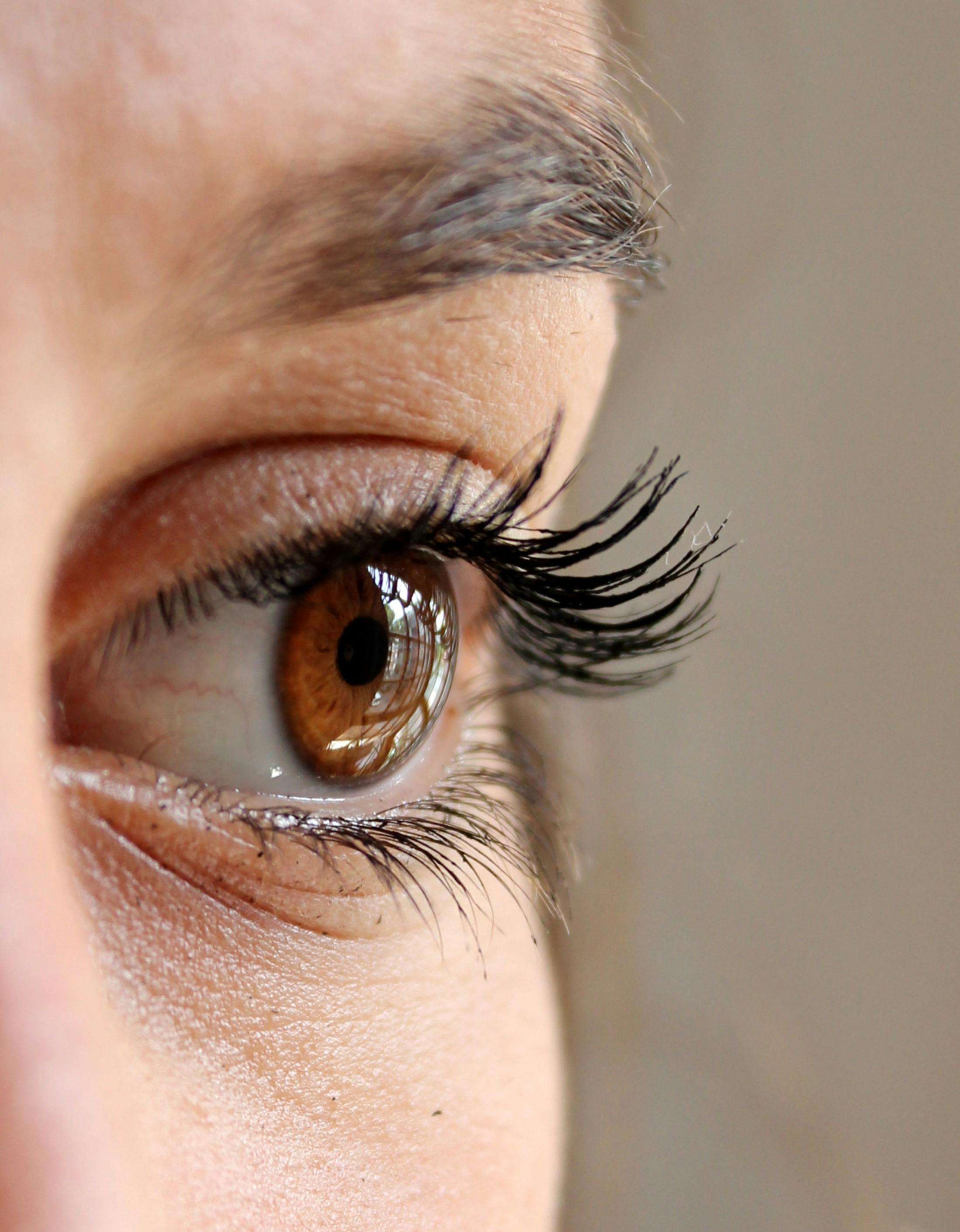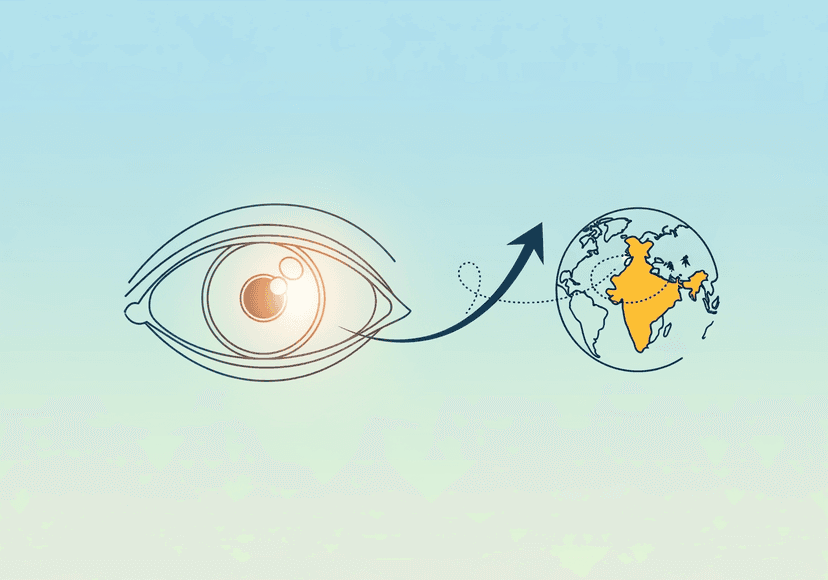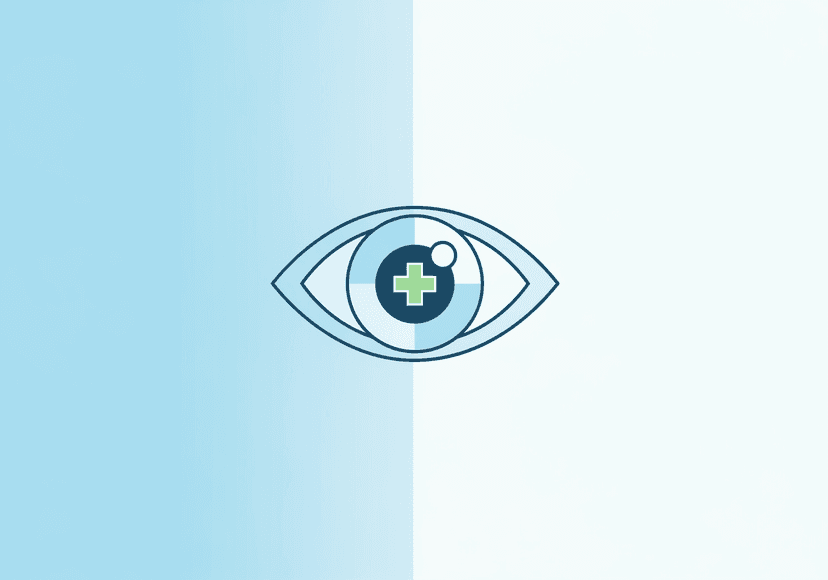
Vitrectomy 101: What to Expect from the Surgery
12 Nov, 2024
 Healthtrip
HealthtripAre you or a loved one preparing to undergo vitrectomy surgery? If so, you're likely wondering what to expect from the procedure and how it can improve your vision. As a leading medical tourism platform, Healthtrip is dedicated to providing you with the information and resources you need to make informed decisions about your health. In this comprehensive guide, we'll delve into the world of vitrectomy, exploring what it is, why it's performed, and what you can expect during and after the surgery.
What is Vitrectomy?
Vitrectomy is a type of eye surgery that involves removing the vitreous gel from the center of the eye. The vitreous gel is a clear, gel-like substance that fills the space between the lens and the retina, giving the eye its shape and helping to maintain its pressure. In a healthy eye, the vitreous gel is clear and doesn't obstruct vision. However, in certain conditions, the vitreous gel can become cloudy or damaged, leading to vision problems.
Most popular procedures in India
In a vitrectomy procedure, the surgeon will remove the cloudy or damaged vitreous gel and replace it with a clear solution that helps maintain the eye's shape and pressure. This can help improve vision and reduce symptoms such as floaters, flashes of light, and blurred vision.
Wellness Treatments
Give yourself the time to relax
Lowest Prices Guaranteed!

Lowest Prices Guaranteed!
Why is Vitrectomy Performed?
Vitrectomy is typically performed to treat a range of eye conditions, including:
- Diabetic retinopathy: a complication of diabetes that damages the blood vessels in the retina
- Retinal detachment: a condition where the retina separates from the back of the eye
- Macular hole: a small hole in the macula, the part of the retina responsible for central vision
- Epiretinal membrane: a condition where a thin layer of tissue grows on the surface of the retina
- Vitreomacular adhesion: a condition where the vitreous gel pulls away from the retina
By removing the cloudy or damaged vitreous gel, vitrectomy can help restore vision and reduce the risk of further complications.
The Vitrectomy Procedure
The vitrectomy procedure is usually performed under local anesthesia, which numbs the eye and surrounding area. You may also be given a mild sedative to help you relax during the procedure.
The surgeon will make a small incision in the eye and insert a specialized instrument called a vitrector, which removes the cloudy or damaged vitreous gel. The vitrector is equipped with a light source and a suction device, which helps to remove the vitreous gel and any debris.
Once the vitreous gel has been removed, the surgeon may inject a clear solution into the eye to help maintain its shape and pressure. This solution is usually a saline solution or a gas bubble, which is absorbed by the body over time.
The entire procedure typically takes around 1-2 hours, depending on the complexity of the case.
What to Expect After Vitrectomy
After the procedure, you'll need to rest your eye and avoid strenuous activities for a few days. You may experience some discomfort, itching, or sensitivity to light, but these symptoms should subside within a few days.
You'll need to use medicated eye drops to help reduce the risk of infection and promote healing. You may also need to wear an eye patch to protect the eye from accidental rubbing or bumping.
Follow-up appointments with your surgeon are crucial to monitor the healing process and address any complications that may arise. It's essential to attend all scheduled appointments to ensure the best possible outcome.
Benefits of Vitrectomy with Healthtrip
At Healthtrip, we understand that undergoing vitrectomy surgery can be a daunting experience. That's why we're dedicated to providing you with a seamless and stress-free experience. Our team of experts will guide you every step of the way, from initial consultation to post-operative care.
By choosing Healthtrip, you can expect:
- Access to world-class surgeons and medical facilities
- Personalized care and attention from our dedicated team
- Competitive pricing and flexible financing options
- A comprehensive recovery plan to ensure a smooth and successful recovery
Don't let vision problems hold you back any longer. Contact Healthtrip today to learn more about vitrectomy surgery and how we can help you achieve the vision you deserve.
Conclusion
Vitrectomy surgery can be a life-changing procedure for those struggling with vision problems. By understanding what to expect from the surgery and the benefits of choosing Healthtrip, you can take the first step towards a brighter, clearer future. Remember, you don't have to navigate the process alone – our team is here to support you every step of the way.
Take control of your vision health today and contact Healthtrip to schedule a consultation with one of our expert surgeons.
Related Blogs

Long-Term Follow-Up After Eye Surgery
Detailed insights into eye surgery – doctors, hospitals, technology, recovery,

Healthtrip’s Transparency in Eye Surgery Pricing and Packages
Detailed insights into eye surgery – doctors, hospitals, technology, recovery,

Frequently Asked Questions About Eye Surgery
Detailed insights into eye surgery – doctors, hospitals, technology, recovery,

Advanced Robotic Technology Used in Eye Surgery
Detailed insights into eye surgery – doctors, hospitals, technology, recovery,

How Healthtrip Supports Foreign Patients for Eye Surgery in India
Detailed insights into eye surgery – doctors, hospitals, technology, recovery,

Top Medical Packages for Eye Surgery Offered by Healthtrip
Detailed insights into eye surgery – doctors, hospitals, technology, recovery,










